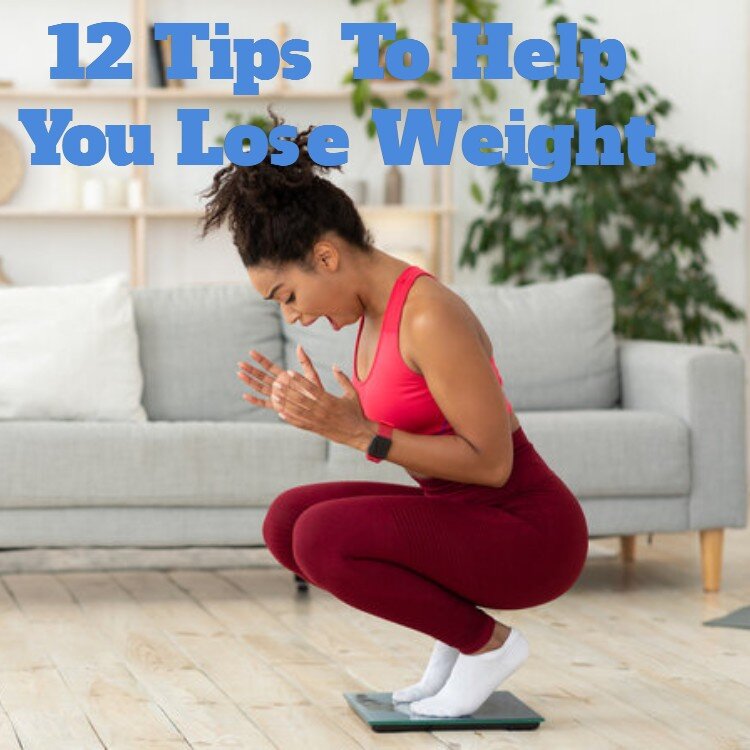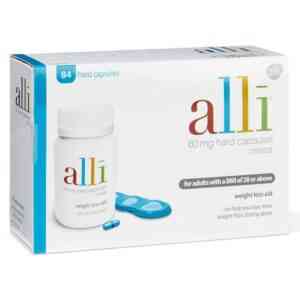12 Tips To Help You Lose Weight
The Importance of losing weight.
There are always many health reasons to lose weight as it reduces your risk of heart disease, type 2 diabetes, stroke and many cancers as well as easing arthritis in later life. However, at the moment it is more important because obesity is one of the major risk factors for having a poor outcome from Covid 19 infection.
So now would be a great time to get rid of the excess weight you have been thinking about losing. A safe rate to lose weight is 0.5-1kg (1-2lb) a week and you do this by reducing the number of calories you eat by 600 a day.
This means the average man should eat 1900 Kcal a day and the average woman 1400 Kcal a day if they want to lose weight. But if you want to be absolutely certain how many calories you need to reduce by, for your height and weight, you can visit the NHS website (www.nhs.uk/live-well/healthy-weight/start-the-nhs-weight-loss-plan/).
If you eat more than your target on one day you simply reduce the amount you eat for the following few days to compensate. You have to make realistic changes to your diet and physical activity so that they become part of your regular routine which will last long term.
How long should I stay on the diet?
You should stay on your diet until you reach a healthy body mass index (BMI). A healthy BMI is between 18.5 and 24.9. Your BMI is calculated by taking your weight in kg and dividing it by the square of your height in metres. You can visit the NHS BMI calculator, put in your height and weight and it will do the calculations for you.
There are certain limitations to BMI because it does not tell the difference between excess fat, muscle or bone and doesn’t take into account age, gender or body mass which means:
- Very muscular adults may be classed as overweight even though their body fat is low
- Adults who lose muscle as they get older may fall into the “healthy weight” range even though they may be carrying excess fat.
Your waist size is also important because it is a good way to check you are not carrying too much fat around your stomach which can raise your risk of heart disease, type 2 diabetes and stroke. To measure your waist :
- Find the bottom of your ribs and the top of your hips
- Wrap a tape measure around your waist midway between these points
- Breathe out naturally before taking the measurement.
You should try to lose weight if your waist is 94cm (37 ins) or more for men and 80cm (31.5ins) for women. You are at very high risk if your waist is 102cm (40ins) for men and 88cm (34ins) for women.
12 tips to help you lose weight
- Do not skip breakfast because you could miss out on essential nutrients and end up snacking more throughout the day.
- Eat regular meals ( 3 square meals a day within a set time period, ie 8 am and 6 pm) as it helps burn calories at a faster rate. It also reduces the temptation to snack on foods high in sugar.
- Eat plenty of fruit and vegetables because they are low in calories and high in fibre
- Get more active as it can help burn off calories. Aim for 10,000 steps a day. Try to be active ( walking, cleaning dishes and even carrying the groceries count as steps,) at least a few minutes in each hour during the day.
- Drink plenty of water because it is easy to confuse thirst with hunger if you struggle with drinking water, add a slice of lemon or orange.
- Eat high fibre foods as they make you feel full.
- Read food labels to help you choose healthier options.
- Use a smaller plate because it can help you eat smaller Portions. It takes 20 minutes for your stomach to tell your brain that it is full so eat slowly and stop before you feel full.
- Do not ban foods as it only makes you crave them more.
- Try and reduce your stress levels
- Cut down on alcohol as a standard glass of wine contains as many calories as a piece of chocolate.
- Try to sleep at least 8 hours at night
Products that Can Help you Lose Weight
 +44 (0) 1375 846 316
+44 (0) 1375 846 316.png)

















